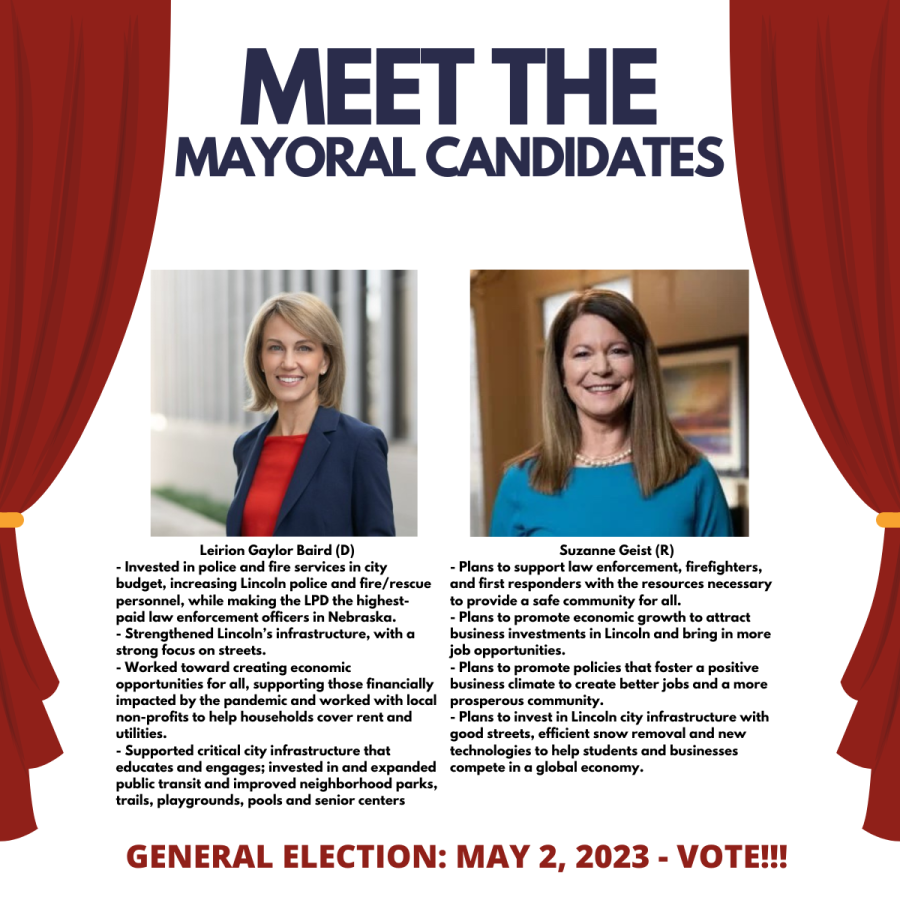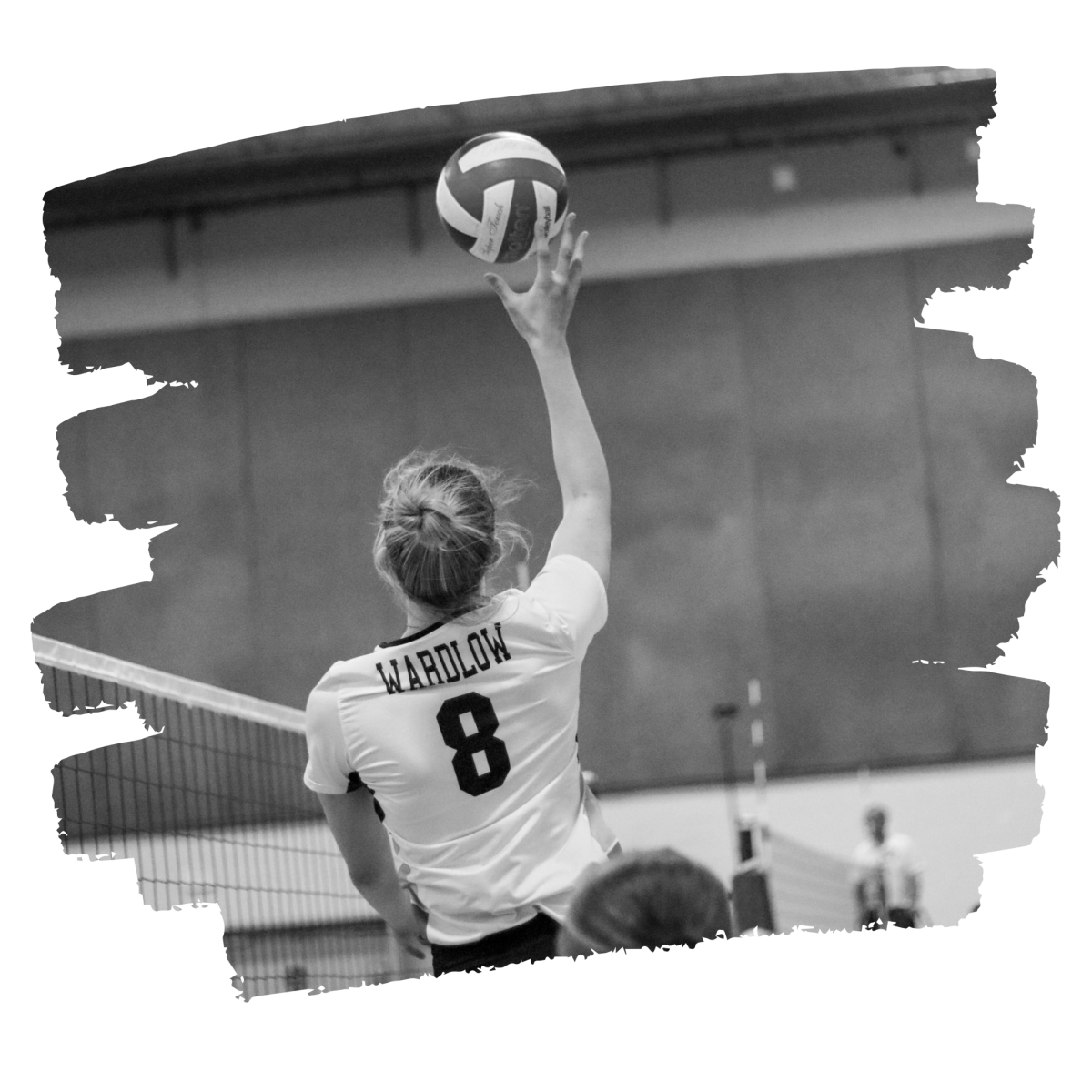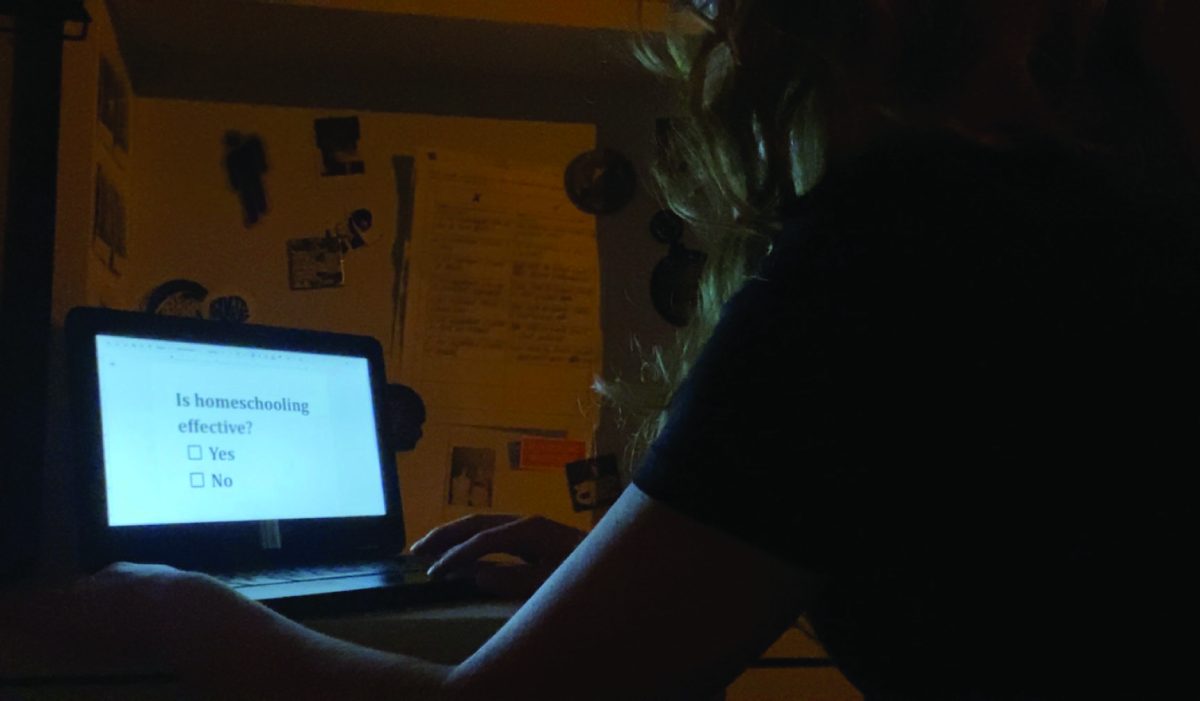Are We Politically Informed?
Upcoming mayoral vote provides Lincoln’s youth with the opportunity to exercise their democratic rights… but only if they take advantage of it
May 12, 2023
Many LSE students will be eligible to vote in the next election. Voter turnout and candidate awareness are the two major factors that affect elections. The issues that people are facing in politics right now are going to affect the lives of students as they graduate and there is no where better to state one’s political involvement than locally in the city they grew up in. One of the first elections that many have the opportunity to vote in, includes the election of Lincoln’s city Mayor. Although the Primary elections have already passed, it is more important now than ever to vote in May’s General election for Mayor!
LSE Government and Politics teacher, David Nebel talks about his view on the upcoming Mayoral elections and how well informed people are and need to be. He also explains how although he might not be fully prepared for the upcoming election, he knows right where to go in order to be informed enough to make his vote.
“The first place I would start would be the Journal Star’s voter guide. They do a nice job of educating the public before every election and they publish a voter’s guide, which has a very small amount of information about each candidate. If I feel like I needed more information then I would seek out the candidates’ websites.”
For the most part though, Nebel believes that the main way people are likely to learn more about the candidates is through the campaigns sent via phones.
“Certainly social media is the new tool that candidates are able to use, because they’re able to communicate in lots and lots of ways. Candidates are starting to use text messaging directly to contact people on their phones. I think that’s the big thing. All campaigns are trying to do is get straight to your phones because that’s where people’s attention happens to be focused.”
It is true that traditionally, people are not as well informed about local elections including the Mayoral, City Council, Board of Directors and Board of Education.
“One of the problems Americans have with elections, like local elections, is they’re not paying as much attention as probably they should be. We know from a political science standpoint, that with these elections, there is less money behind them, less advertising and as a result, the voters are less informed which leads to a lower voter turnout than we would say for a presidential election,” Nebel said.
Along with the idea that less advertising for local elections leads to a lower voter turnout, the importance of the election to people also plays a role.
“It is a lot about what’s at stake with the election. The problem with young people voting is that there’s not as much at stake in the election, particularly in a local election like this. So the younger people, seniors at Southeast high school right now, are focused on what’s going to happen next year after high school. Students may very well have plans to move out of the city of Lincoln and attend school somewhere else. So as a result, a city election like the one coming up is not as meaningful to students and younger voters, whereas parents who own homes, pay property taxes and are directly impacted by those events, are going to be a little bit more focused on these elections because it will have more of a direct impact on them,” Nebel said.
Low voter turnout is an issue prominent in many state and city elections. In order to combat this matter, schools need to make informing students of upcoming elections a priority.
Nebel speaks on how Southeast has done with making sure students are given the resources to learn more about the upcoming election’s candidates.
“As a Government and Politics teachers, like myself, we try to do the best job that we can in terms of making time for seniors who might be eligible to vote to really sit down and take a look at the voters guide and get a sense of where they can get their information. Southeast High School in particular has done an excellent job of getting kids registered to vote, providing that opportunity for kids so that when elections do come around, the kids are aware of it and informed.”
Registering to vote is very important and LSE has made that a priority focus for students as they turn 18. But both local and national politics require a voting public that understands the issues at stake. Voter education does not have to wait until after a person registers to vote. It can start right now. Our community and communities around the state and nation need students to get involved in the process today. It takes more than a few weeks to learn about the issues our communities face. And the issues will be waiting for each of us, whether we’ve educated ourselves on them or not.d










